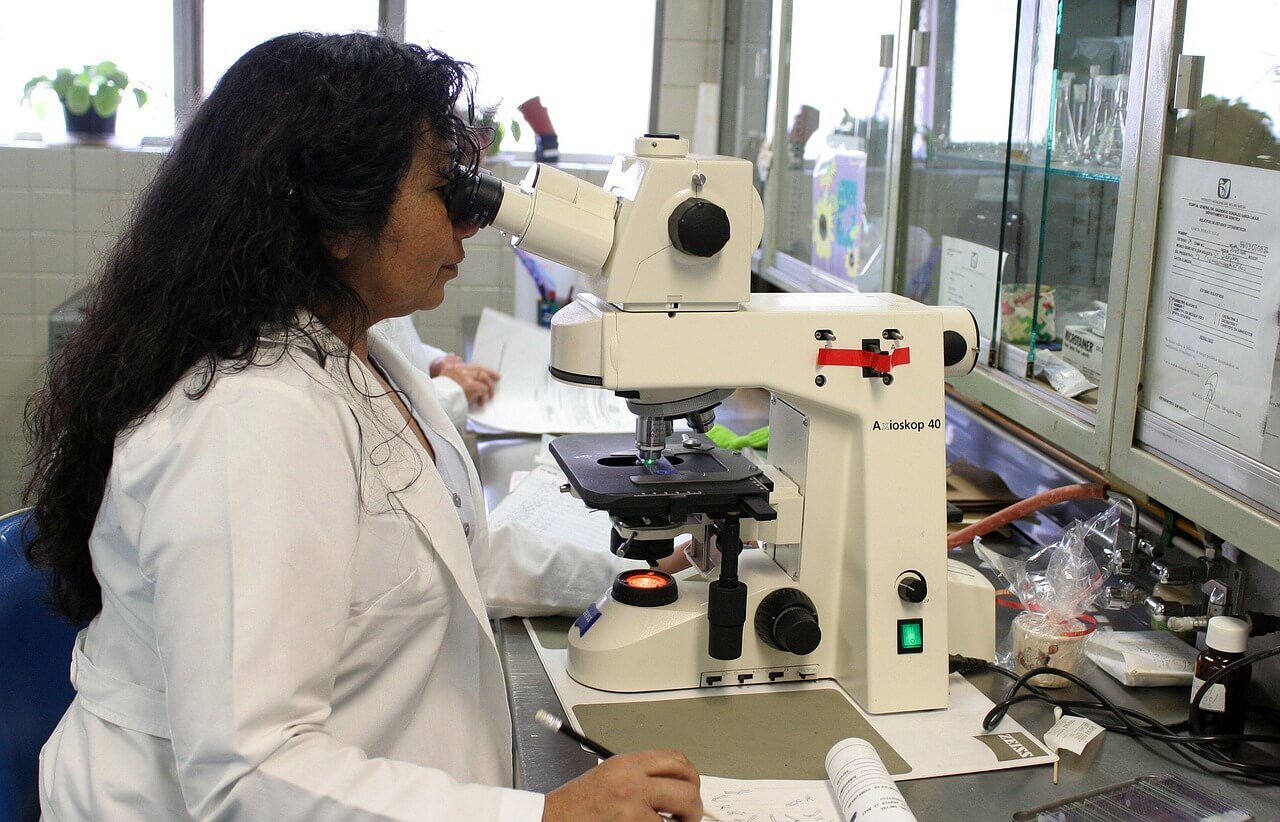Long before the coronavirus, scientists and academics worldwide were already considering leaving their areas, but the pandemic has made the situation much worse.
Desertion in academia is neither new nor the result of the pandemic. For a few years now, scientists have been abandoning work in academia at an unprecedented rate. Job uncertainty due to the increasing number of graduates and the few permanent positions in universities, the culture of “publish or perish,” burnout, and mental health crisis in academia are just some of the factors that have led to more and more scientists leave science.
In 2018, research was published on the demographic change of scientific careers, specifically astronomy, ecology, and robotics. According to their findings, in the 1960s, a scientist’s working life lasted 35 years compared to 2010, which on average lasted five years. For Staša Milojević, associate professor at the School of Informatics, Computing and Engineering at Indiana University and author of the study, the change is due in part to creating postdoctoral positions “permadocs” since they are supposedly temporary jobs of which increasingly dependent on academic research. Many of these support positions were intended for graduate students and lasted three to five years; now, it has become a kind of prerequisite for teaching classes that many times are not even given.
“The existence of the postdoctoral position has changed the dynamics of the laboratory […] It has allowed people to stay longer in the field in the hope of getting a more permanent job. I think the existence of so many postdoctoral positions is leading to the dropout picture we’re looking at,” Milojević said. Also, she and her colleagues point out in the study that current scientific production has been characterized by the exponential growth of professionals and publications, teamwork, which has been driven by different factors such as the need for more technicians and plant scientists.
The researchers believe that this joint work has led to fewer and fewer scientists who are first authors of publications. Ph.D. degrees have also increased, but the number of positions has not grown in tandem, creating a lack of opportunities. As if that weren’t enough, experienced academics have a better chance of finding more lucrative jobs in the private sector. For example, due to many consumer applications, robotics scientists had one of the highest attrition rates. According to the study, the opposite happened with astronomers, who are more likely to stay in academia.
Academia and the pandemic
Although it is too early to know the impact of COVID-19 on academia, many researchers are looking for an exit plan. This departure is because the pandemic has reassessed their opportunities to obtain permanent employment in an institution. As universities worldwide seek to adapt to the challenges the virus has brought, many institutions have chosen to freeze hiring or give little hope of offering a stable career in academia. This has led many scientists and academics to seek work in the government or private sector, facing stiff competition.
Furthermore, many graduate students have an uncertain future. According to the study, The Quiet Crisis of PhDs and COVID-19: Reaching the financial tipping point, about 45% of graduate students are expected to give up their research. Part of the problem is that they have been excluded from laboratories and libraries for safety during the pandemic; this caused them to no longer receive their payment since they have nowhere to work, unlike those who have a permanent contract in the institutions.
“The existence of so many postdoctoral positions is leading to the dropout picture we’re looking at.”
Due to the coronavirus, these students face stopping their studies since they do not have access to their workplaces or, if their university allows it, risk getting infected by going to campus or continuing from home. This last point is viable for very few since they do not have the means to carry out investigations or survive since university cuts limit many or are not permanent employees of the institutions.
On the other hand, in the face of conference cancellations, face-to-face events and border closures, internships, international collaborations, possibilities for networking and presentations have been lost, which has complicated the means of financing. Lack of financial support, workplace, motivation, personal problems due to the pandemic, and more factors result in dropping out of academia or running the risk of presenting a lower quality thesis or not publishing anything. A surge in graduates and fewer job opportunities hurts scientists’ and academics’ chances of having a promising future in the field. Fewer scientists find permanent, well-paid employment.
Global concerns: the case of Australia
A report titled “Impact of the pandemic on Australia’s research workforce” reported that nearly 21,000 university employees are at risk of losing their jobs due to the pandemic. This situation has left those researchers with short-term contracts or those who are starting their careers concerned. On the other hand, a survey conducted by the Australian Early and Middle Career Research Forum (EMCR) asked 333 Australian researchers in science, technology, engineering, and medicine (STEM).
The report found that the pandemic’s impact has been terrible, especially on their productivity and mental health, resulting in an increasing number of researchers quitting academia. Respondents shared that their anxiety increased due to the pandemic and the uncertainty in their work situation. They also fear the loss of college income, as well as job and salary cuts.
As with graduate students, many academics put their research on hold or take it into the background, as they face a greater burden in their teaching and administrative tasks, in addition to fulfilling personal charges such as supporting the education of their children. In scientific research, professional success is often accompanied by the constant accumulation of performance indicators such as publications, awards, lectures, or citations. This has become a challenge for new or less established researchers in the area, limiting their means of obtaining future funding or job security.
Each researcher is the product of more than ten years of continuing education and training. It is a pity that a growing number of researchers cannot ensure a stable future in academia, be it in the short or long term. Supporting scientists and academics and creating opportunities is essential since it could take generations to recover the talent drain in recent years.
The “postdoc” status should last only about 3-5 years, but now it is being extended more and more. This, in part, is
because universities seek to produce a greater number of scientific articles, and it is cheaper to do so through temporary contracts. Also, as seen since 2018, with the study by Staša Milojević, scientific team production is increasingly promoted, reducing the possibility that young academics can be first authors, stand out, and advance in their careers.
To combat this global problem requires cooperation between the government, universities, funding agencies, and researchers to create more permanent jobs and give graduate students more support. It is necessary to support not only in an economical way but also by giving the material to continue with the investigations even in quarantine to clarify the future of those who interrupted their investigations, whether in the date of presentations, financing, requests, or evaluations. After all, it was thanks to the efforts of countless scientists and researchers around the world that the COVID-19 vaccine was developed in record time.
Translation by Daniel Wetta.
This article from Observatory of the Institute for the Future of Education may be shared under the terms of the license CC BY-NC-SA 4.0 
)
)


)